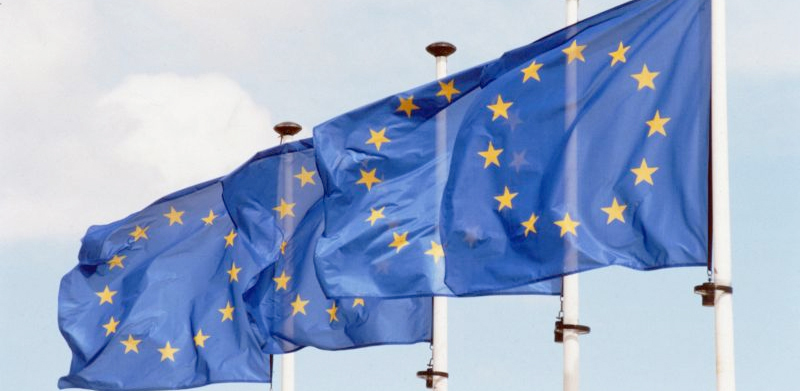
In what is likely to be the most significant political decision in a generation, the United Kingdom has voted to leave the European Union by a margin of 3.8%. What will it mean for employment law in the UK?
"Many EU led employment laws are already ensconced in UK legislation and are unlikely to change," said Alex Payton, Employment Law expert with Howes Percival.
"The UK will need to decide whether it wants to keep on a similar footing with the EU in relation to basic employment rights or whether it looks for a sea change. If there is an appetite for change then this is likely to remain a long way off."
Implications
In the immediate short term, nothing will change.
The withdrawal negotiations are likely to take years, with the status quo largely expected to remain intact during this period.
Under the Treaty on European Union, the process for withdrawal can take a maximum of two years, and due to the complexity of the break, it is possible that even this deadline will be exceeded.
What happens following the exit is uncertain at this stage, but will turn on the type of relationship that the UK has with the EU following our withdrawal.
In some instances UK employment law exceeds the minimum standards expected of EU employment law (such as maternity rights); in these areas it is unlikely any change will occur.
In areas where EU law forms the backbone of our national employment legislation, it is more likely that the government will tweak legislation, rather than overhauling it completely.
Workers' protection afforded by TUPE and the Working Time Regulations, for example, has become the norm in UK employment law, and it would be controversial if the government sought to remove such rights completely.
TUPE
The UK will do little to change the principles of TUPE, which applies to protect employees on business transfers and in outsourcing/insourcing arrangements.
Prior to the reforms to TUPE in 2014, some argued that the UK had created more onerous obligations than the rest of Europe, particularly in relation to service provision changes.
Notwithstanding this, as a result of public consultation at the time, it was reported that most businesses preferred the certainty that a UK version of TUPE brought, and as a result the UK largely stayed with its gold-plated approach.
We do not therefore expect major changes in this area.
Working Time Regulations
Most businesses are pragmatically accustomed to the 48-hour working week, and sectors that require more from their workers cope with the use of opt-outs.
Other aspects of the Working Time Regulations offer a health and safety cushion for workers (for example in the area of night-working), which balances against the need for employers to work long hours.
We do not predict a significant reduction in these rights.
One area that would benefit from clarification is the calculation of holiday pay, which has dominated much of the reported ECJ decisions in recent years and left us with considerable uncertainty.
Discrimination Laws
The UK prides itself that it remains at the forefront of equality, diversity and above all fairness.
It will want to retain that even if there is a Brexit. It is therefore unlikely that there will be any amendment to the Equality Act 2010.
Human Rights
The Human Rights Act 1998 (HRA), when originally brought into force, was intended to allow citizens in the UK to bring their cases in UK courts, rather than at the European Court of Human Rights (ECtHR) in Strasburg, as had previously been the case.
Now, the ECtHR retains its role only as the court of final appeal on matters that involve a human rights question.
The ECtHR is however distinct from the European Union and the court that adjudicates on matters of European Union law (that being the European Court of Justice).
Leaving the European Union will not therefore strip the ECtHR of its role as the final appellate court on matters that concern human rights.
Despite this, the tide of anti-European sentiment looks determined to continue, and the 2016 Queen's Speech confirmed that introducing a ‘British' Bill of Rights is one of the government's legislative priorities for the 2016-17 parliamentary session.
Such a bill would take the place of the HRA, and abolish the role of the ECtHR as the final appellate court for the United Kingdom on human rights matters.
Immigration
Perhaps the most likely changes that will occur following a Brexit will be in relation to immigration control and the free movement of labour.
Expect these to become much tougher, although again much will depend on what our new relationship with Europe looks like.
